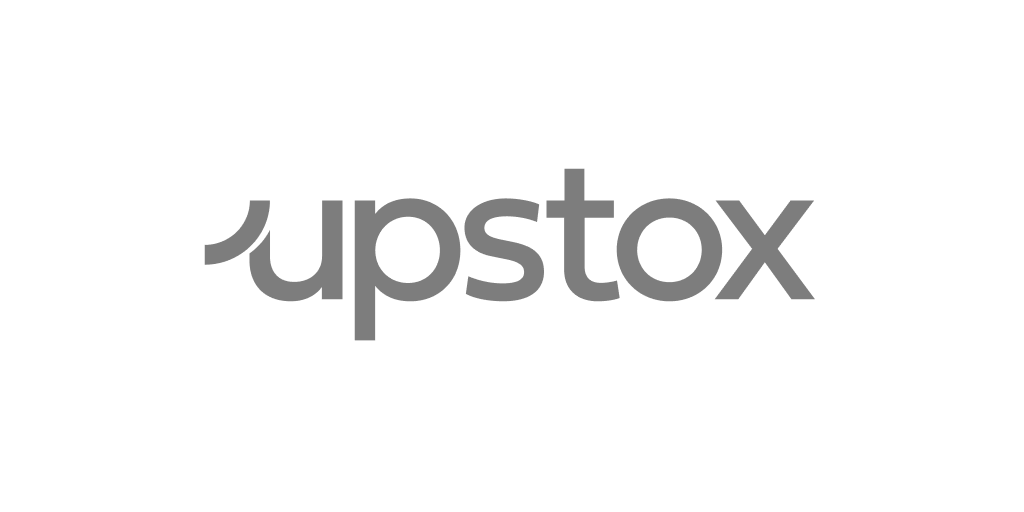Companies strive to maximise profits and they do this by becoming more efficient or by selling more products. For all these activities, companies need capital. Companies can solicit funds from investors in exchange for a share in its wealth and growth. You can buy stocks from an IPO either online or offline if the IPO is open to retail investors. You need to open a demat account for storing these shares.
Key Points:
- When a private company tries to raise money from the public, it files what is called an Initial Public offering (IPO). This is an invitation to the public to buy shares from the company for the first time ever.
- A red herring prospectus contains details on the IPO, like, how many shares will be offered, share price/price band, past company performance. It is a document meant to appeal to potential investors.
- You can buy online or offline but you need a demat account. You get shares credited in your demat account. For shares not allotted, you get a refund (This is due to oversubscription).
Introduction to IPO
Some companies raise money from private investors, that is, private entities. When a private company tries to raise money from the public, it files what is called an Initial Public offering (IPO). This is an invitation to the public to buy shares from the company for the first time ever.
Public here includes not just individuals, but also private institutions and some financial institutions called Qualified institutional investors that are given preferential treatment in bidding for offered shares.
From previous articles, we’ve seen:
- Why companies need money from the public - easy access to funds not available through private investors.
- How an IPO works - companies go through a long process of thorough vetting of credentials before an IPO can see the light of day.
- What an IPO is- Just an offer of shares of a private company in exchange for money from public bidders.
It’s time for a quick walk-through of the entire process, an overview of the IPO process, now that you've learnt what an IPO is all about.
The IPO process for companies
- A company decides to raise money from the public.
- The company then contracts a number of investment banks that form a consortium. The banks are called underwriters.
- As the name suggests, the banks try to sell the shares of the company. They work out the capital the company would raise, the price to be fixed for one share and the number of shares to be put on offer.
Then, the underwriters and the company work together to draft an application to SEBI (Securities and Exchange Board of India) for approval. - After thorough scrutiny, SEBI approves the application for filing an IPO.
- Now, the company releases a red herring prospectus. It contains details on the IPO, like, how many shares will be offered, share price/price band, past company performance. It is a document meant to appeal to potential investors.
- Also, company executives travel and meet up with investors, presenting a case for why their company shares should be invested in. This is called a road show.
- Finally, the IPO opens, bidding takes place, shares are allotted and the IPO is closed.
The IPO process for the retail investor
- A retail investor decides to buy shares from an IPO (For this, the IPO should be open to retail investors).
- You can buy online or offline but you need a demat account. You get shares credited in your demat account.
- For shares not allotted, you get a refund (This is due to oversubscription).
- Offline, you can get application forms from banks/brokerages that are taking part in the IPO. Just fill up the application and send the application along with a cheque for the bid amount.
- Online, visit the bank/brokerage website. Do as instructed. Fill in details, transfer money through bank transfer and submit the bid.
Finally, let’s look at how companies and the public benefit from IPOs.
Benefits
For the Company
- Capital - The most obvious benefit a company gets from an IPO is capital. Also the foremost reason for companies filing IPOs.
- Credibility - Getting listed makes the company more credible. The company has to now conform to strict standards, releasing financial data regularly and is closely scrutinised by analysts and investors.
- Leverage - After proving its worth in the market, the company can get better deals, be it getting a loan, acquiring or merging with other companies etc.
- Private investors are rewarded if value of shares goes up or if they sell their shares.
For the retail investor
- Flipping - First day of trade on share market witnesses heavy demand for shares. Just sell your lot and make a killing out of the sold shares.
- Long term gains - As an investor, if the company fares well, your stock value rises and you may also get dividends on the shares you hold!
That’s all there is to the IPO process. Early investors in successful companies amass a fortune. It pays to keep an eye out for potential and promise in IPOs. So, look out for upcoming IPOs on the NSE website.
